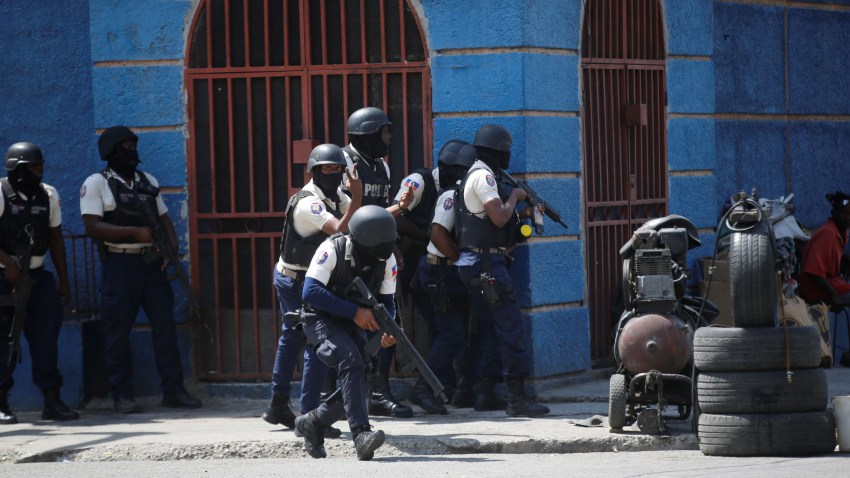Last week, a controversial proposal passed the United Nations Security Council establishing a multinational armed mission to Haiti led by Kenya. Despite the concerns of skeptics that this will simply be the latest of a series of botched multilateral interventions there, Haiti’s current security crisis is precisely the kind of situation where a mission like the one envisioned can have an outsized value in promoting human security. Still, whether it can live up to its full potential will depend on a number of factors yet to be determined: the mission mandate, personnel numbers and funding, a planned endgame and—importantly—appropriate benchmarks for judging success in order to maintain political will.
At first blush, it’s easy to see why many Haitians view news of the soon-to-arrive force with a glimmer of hope. Their arrival is meant to buttress the government in its fight against violent gangs, which have killed around 3,000 civilians in the past year and kidnapped, raped or forcibly displaced tens of thousands of others. An infusion of foreign security forces is also meant to support the Haitian police in tamping down vigilante violence by civilians who have taken to attacking accused gang members in their own right, often lynching and burning them in the streets.
At the same time, despite calls for help by Haiti itself for the past year, the U.N. has been slow to agree to authorize the force. Haitian-American organizations have been some of the biggest opponents of a U.S.-led mission, due to past U.S. interventions that seemed to make things worse. Some Haitians feared any new mission would simply prop up an unelected leader, Prime Minister Ariel Henry, without a reasonable prospect of durable peace. And even previous U.N. missions to Haiti have been marred by scandal and viewed by some as ineffective.

